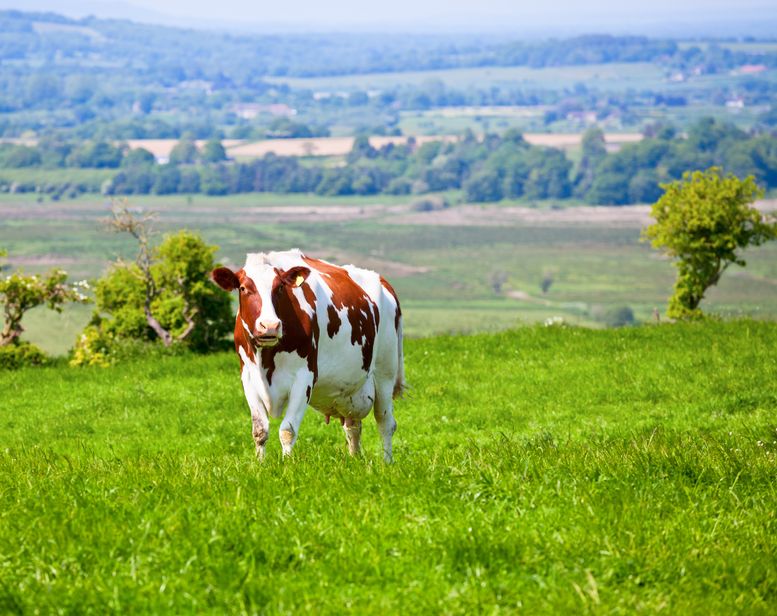
The dairy industry must utilise every tool available to better manage volatility that is becoming the norm in the sector, the NFU has said today.
The President of the NFU, Meurig Raymond, is a dairy farmer himself with 620 cows in Pembrokeshire.
He opened the NFU’s Dairy Risk Management Conference in Solihull, and told delegates that the potential benefits of dairy futures could be worth exploring, as the industry recovers from the latest market downturn.
Average farmgate milk prices fell from 34.55ppl in November 2013 to 19.89ppl in June 2016.
Arla Foods and Barber's have recently decreased its milk price to owners, ending months of consecutive rises.
'Needs to be addressed quickly'
“I am all too aware of the difficulties the dairy sector has faced as a result of low farmgate prices over the past few years”, said Mr Raymond.
“This needs to be addressed quickly to develop more resilient, forward looking supply chains. We want to see increased use and uptake of innovative, new tools that help balance the price risk between farmer, processor and end user – and dairy futures could be one answer.

In the US, the dairy industry is playing a part in aiding price recovery and collaborative working across the supply chain.
The NFU President believes futures, which is used in the US, provide an opportunity for both the UK and more broadly for Europe.
Stock Exchange-traded contracts could improve hedging and planning reliability for farmers by tackling high volatility, according to a report from the European Commission.
'Greater stability'
Mr Raymond said futures provide farmers 'greater stability, certainty and in turn promotes confidence.'
He continued: “A processor and manufacturer are afforded the capability to hedge their market risk, locking in a longer term price for a commodity, be it skimmed milk powder, butter or cheese. The farmer may also in turn be presented with the opportunity to lock in over longer periods a proportion of their milk at a price agreed with the processor.
“This provides greater stability, certainty and in turn promotes confidence – allowing dairy farmers to invest in their businesses in the future.”
The NFU President said futures also provide 'greater transparency' around market expectations over the medium term.
“This enables the supply chain to plan ahead, manage production and ultimately mitigate the risk presented by the peaks and troughs of supply.
“Transparency with it carries many benefits, it aides price discovery allowing different marketing arrangements to develop such as market linked formula pricing and forward contracts.
“But we also are aware of the challenges. Dairy futures require reliable market price indices to settle against. Here the NFU has called on Government to regulate on mandatory price reporting to improve market transparency and provide a reliable reference price.
“Dairy Futures are a new concept. As such we have much work to do in developing our knowledge and capacity as an industry to understand how to best utilise this vital tool.”
